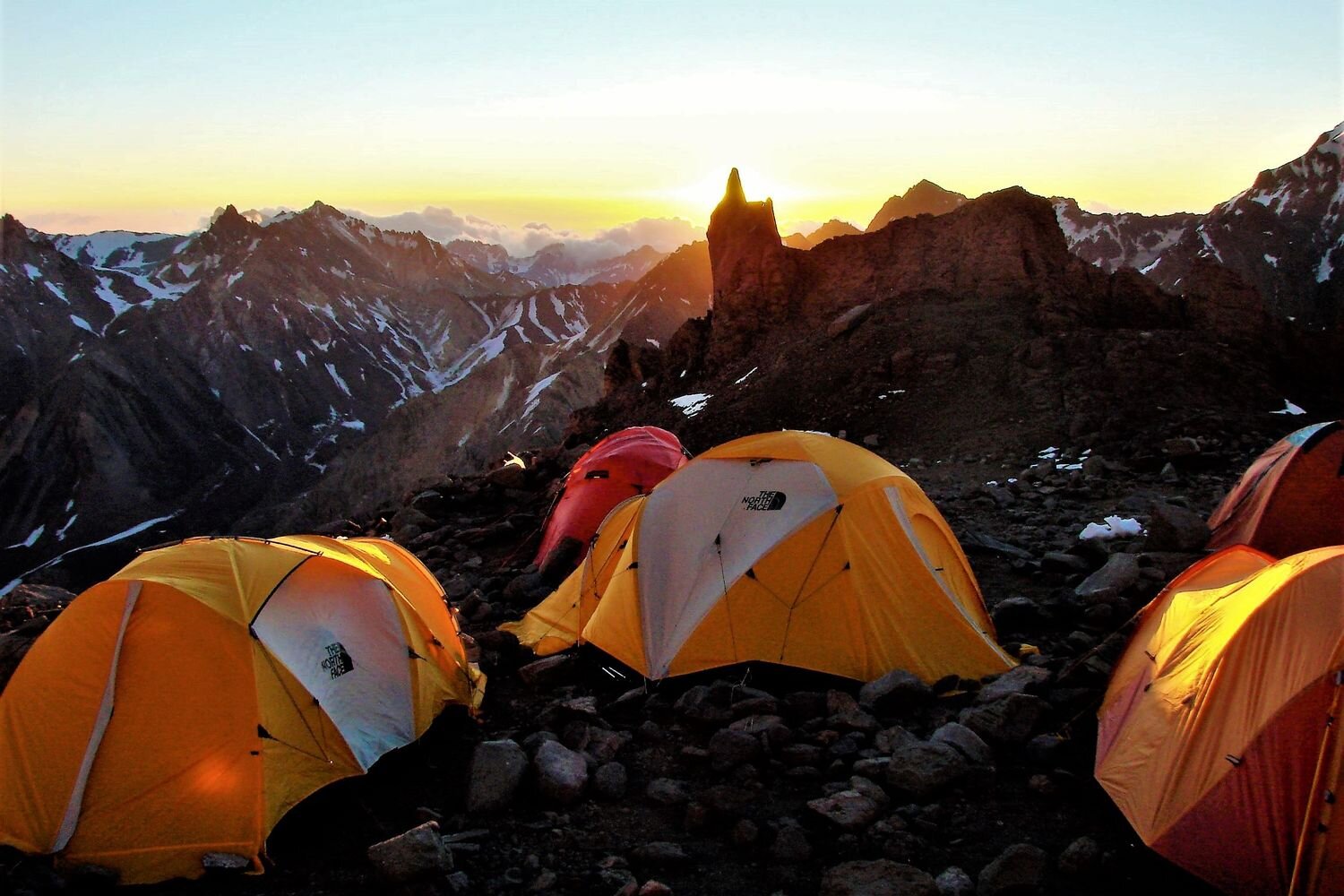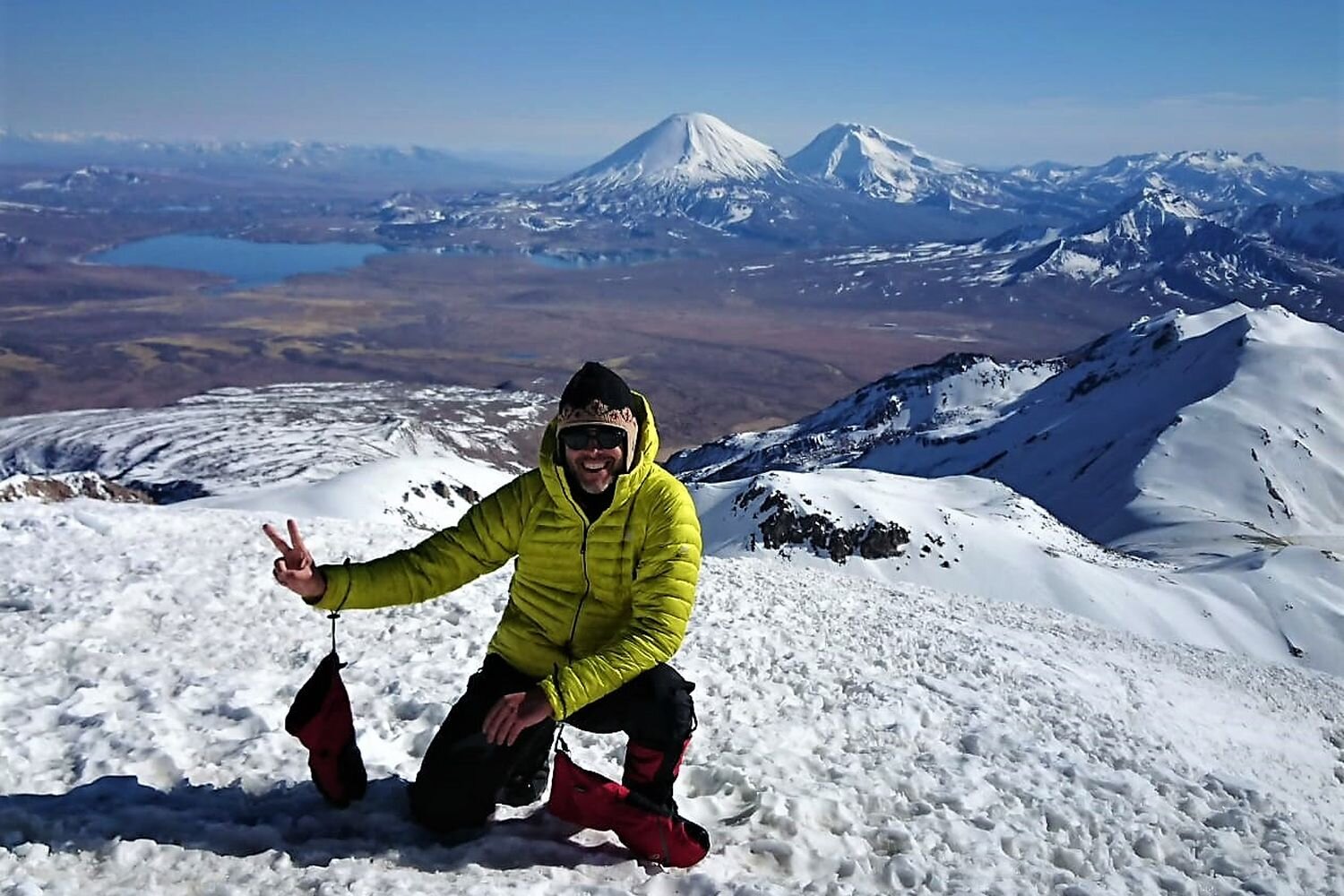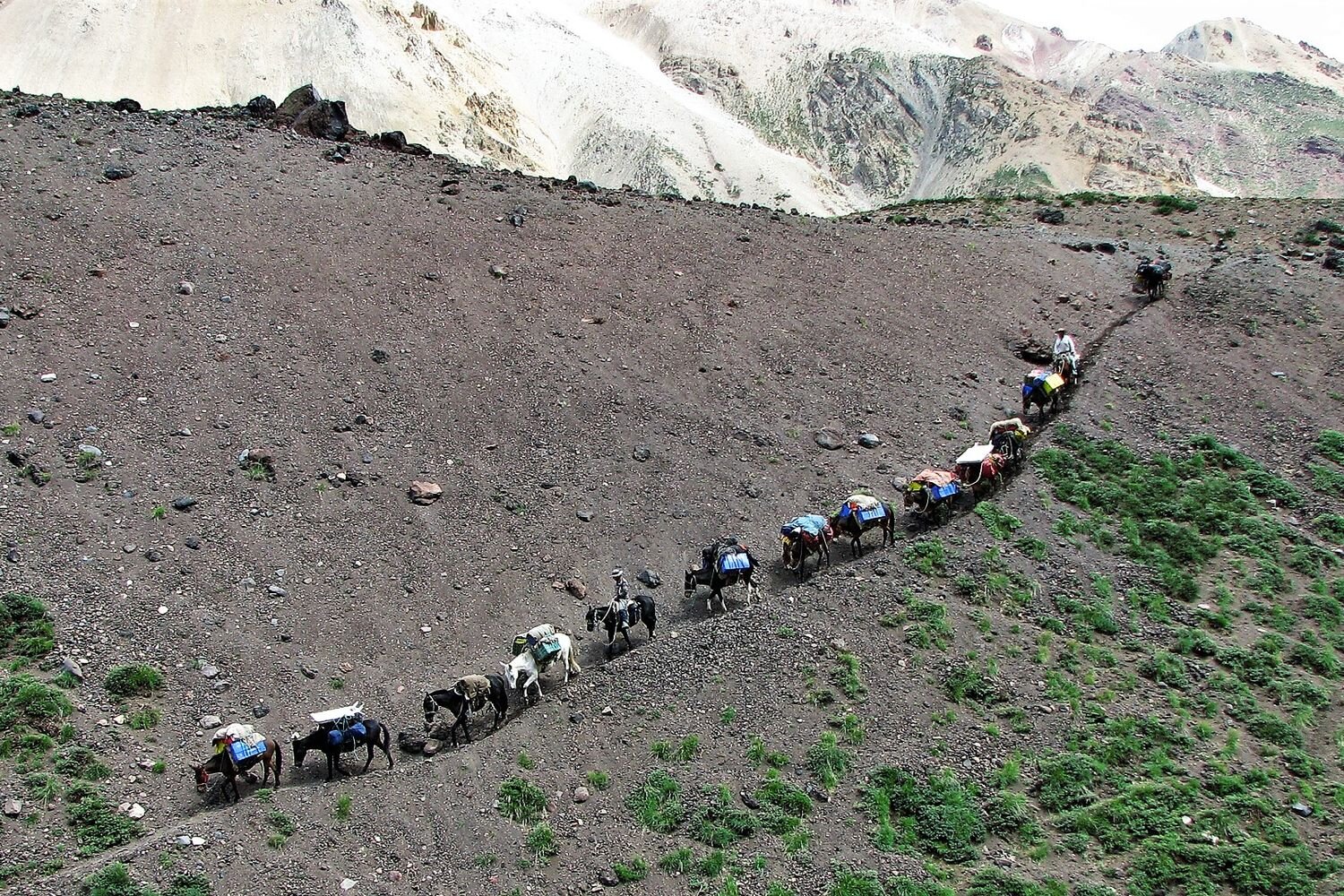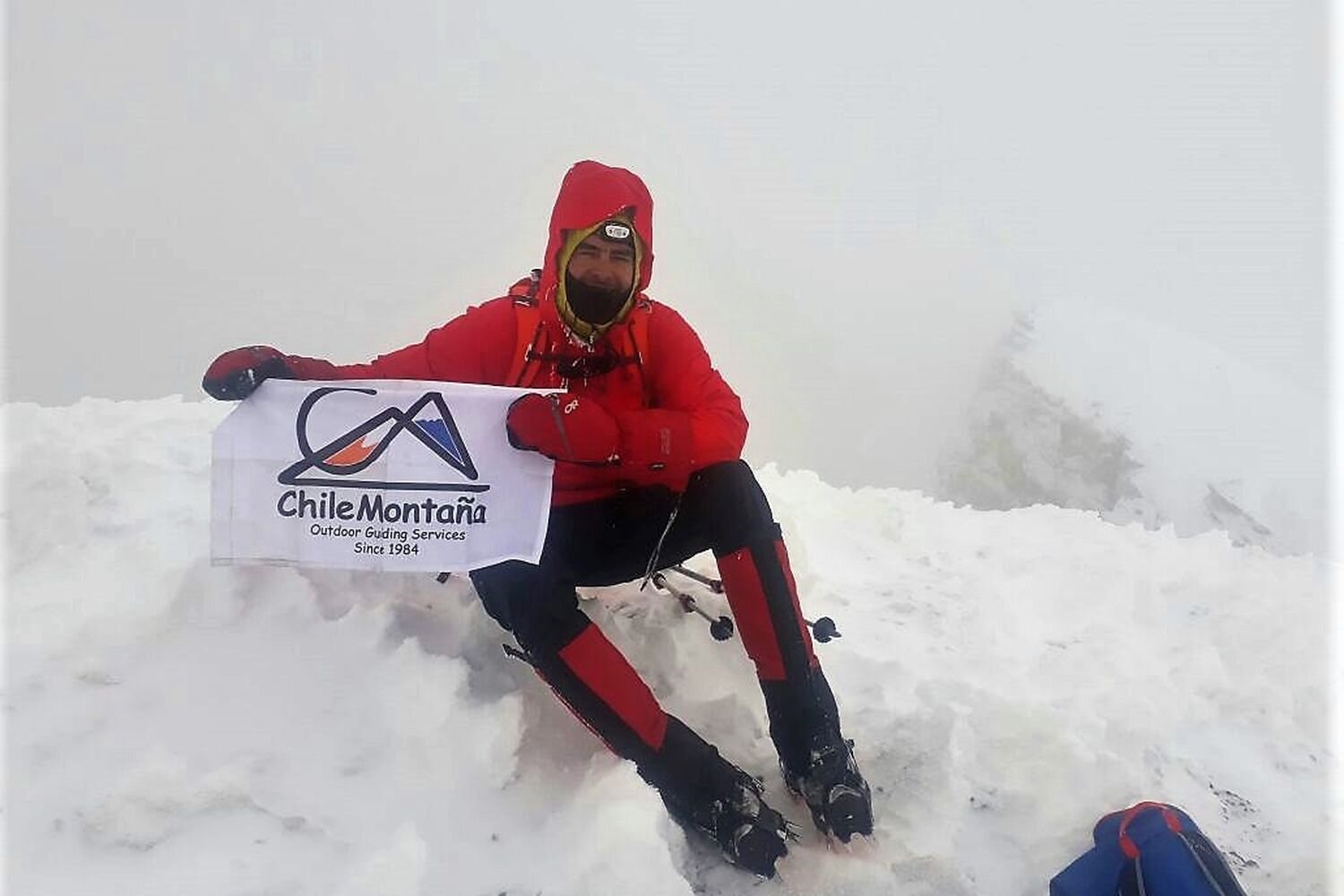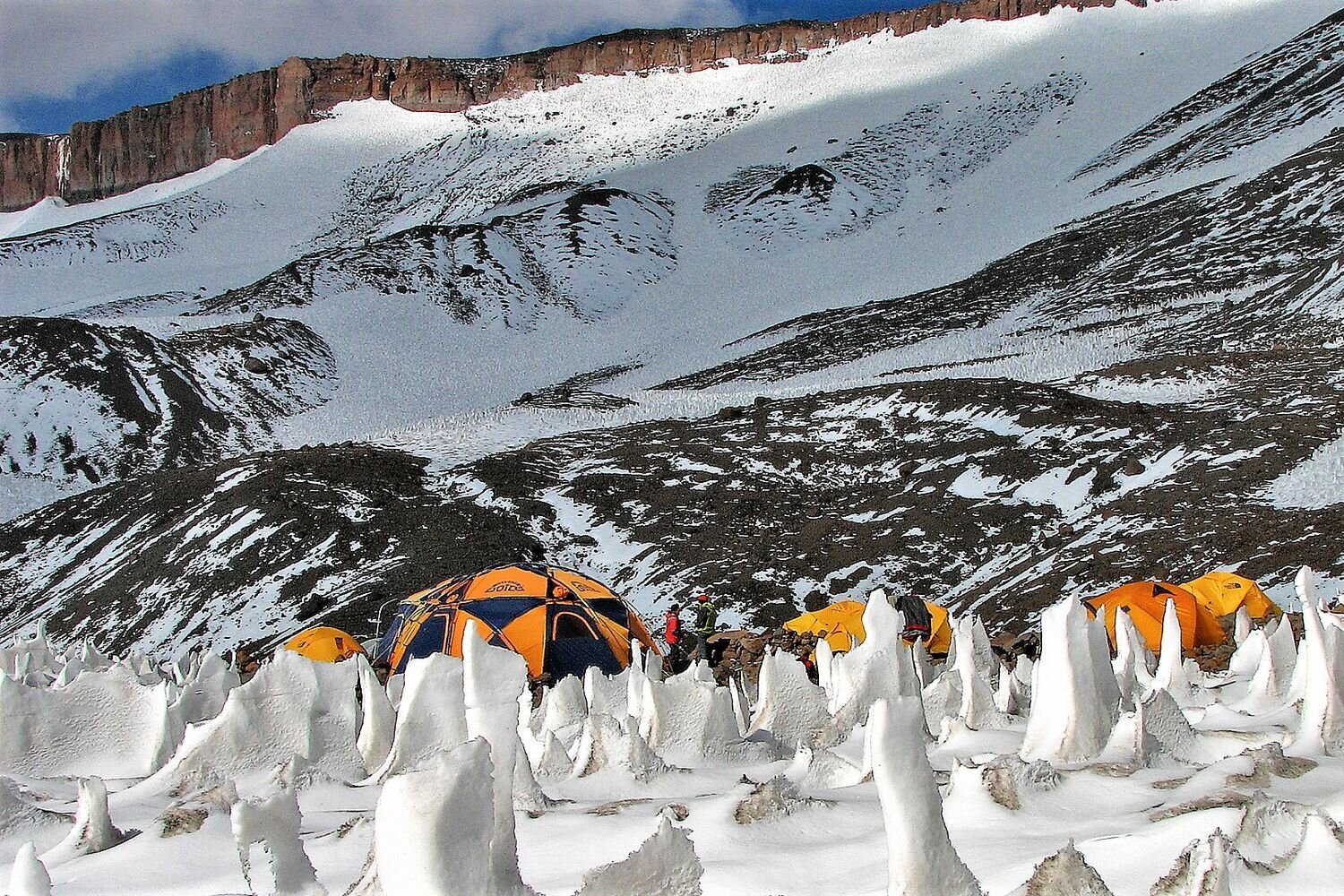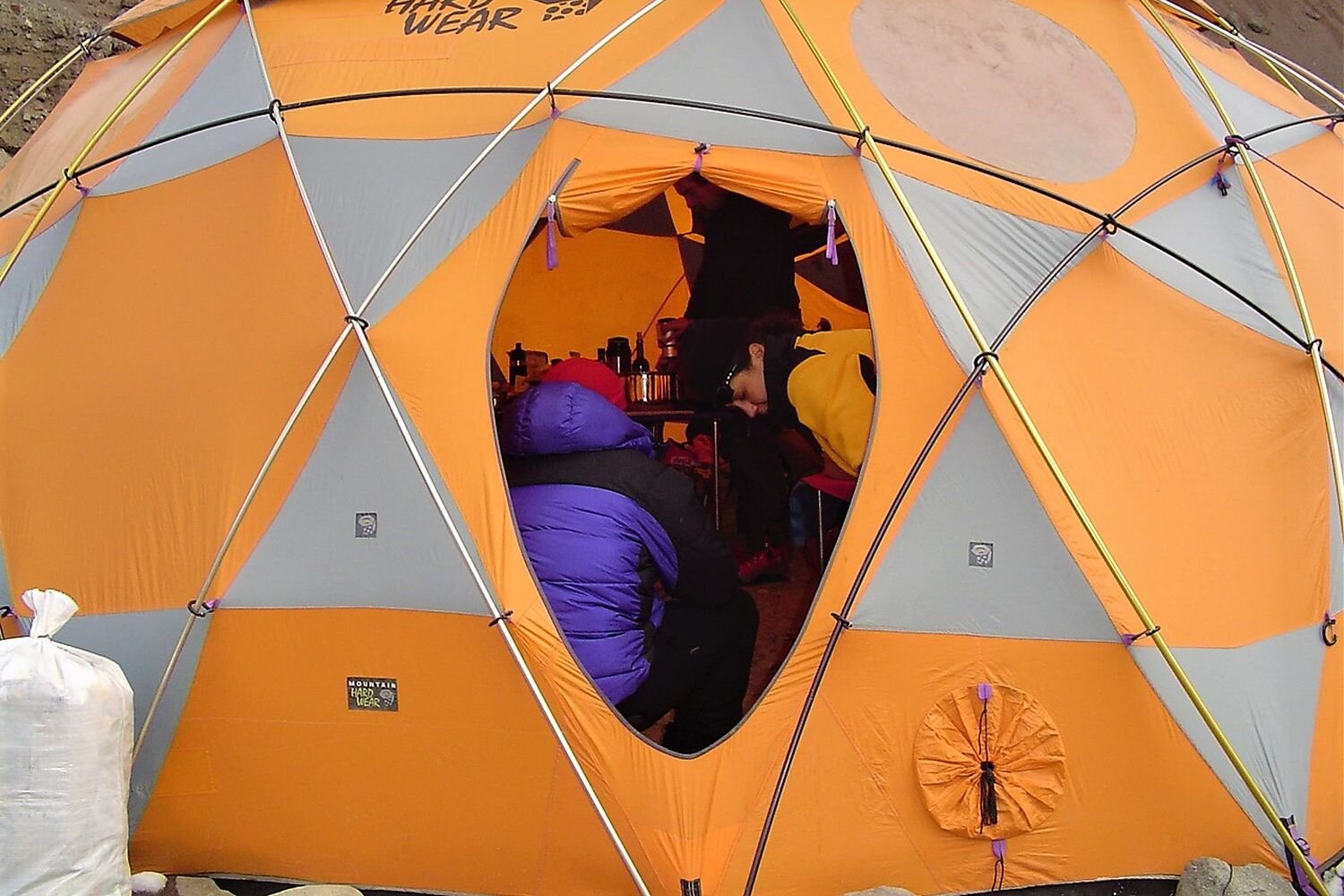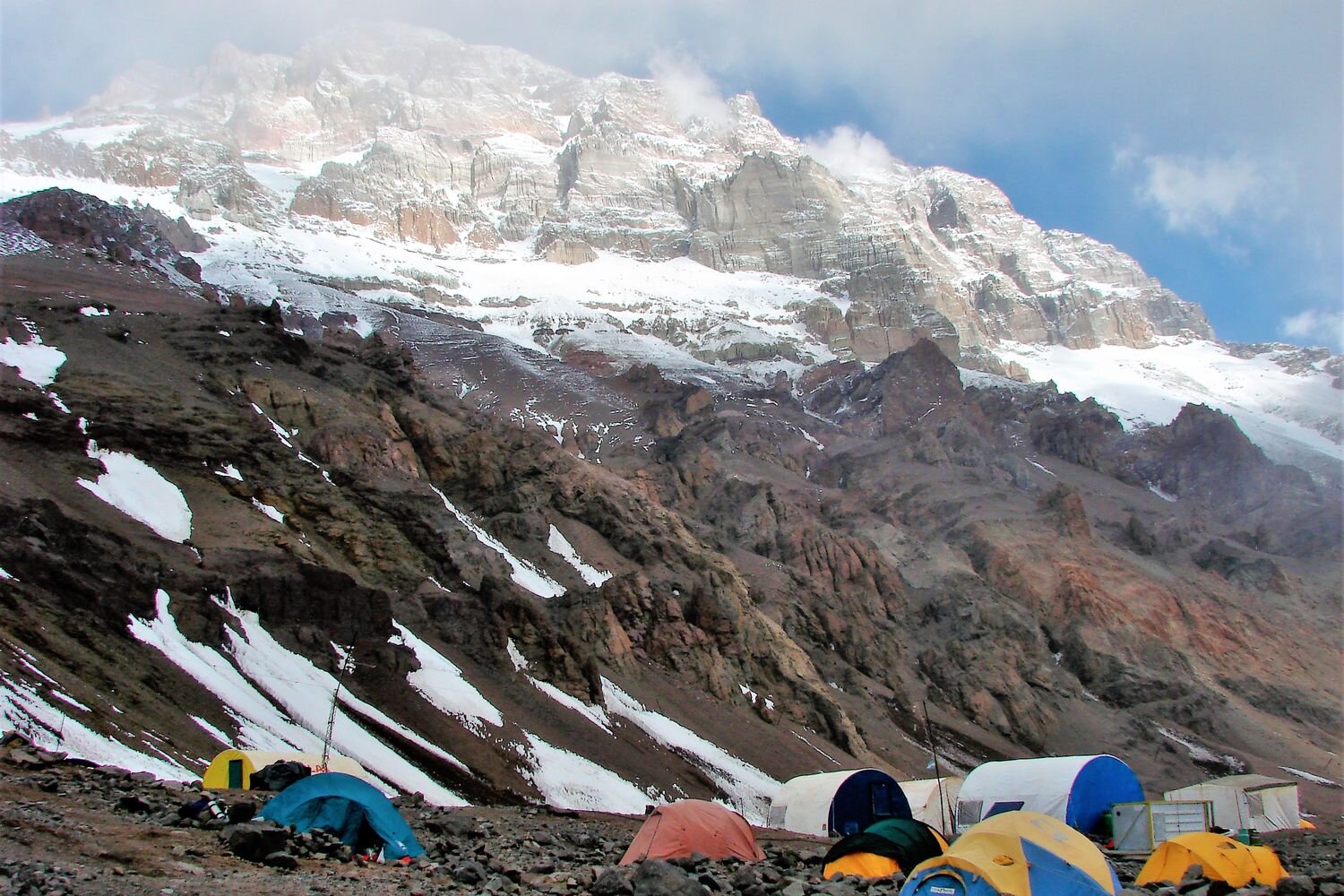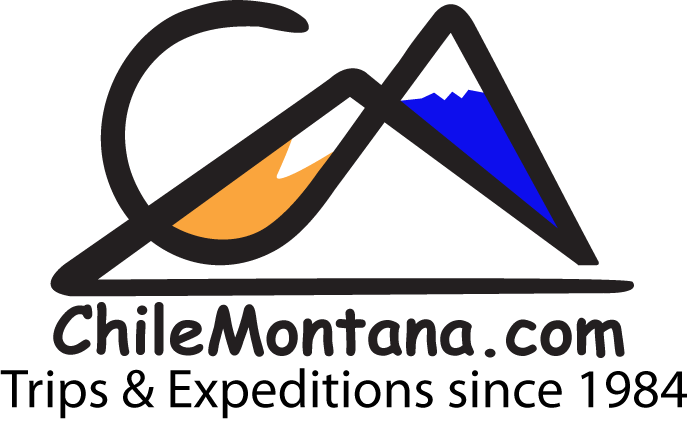Acclimatization: ChileMontaña Tips
How to get good acclimatization and feel super strong while climbing in the Andes
In ChileMontaña we plan our expedition itineraries very carefully, aiming to give all the expedition members, guests, and staff, the maximum chances to acclimatize naturally and safely.
Part of the strategy lies in basic rules, such as:
Gain altitude very slowly, moving gradually to higher camps.
Plan for moderate exercise at higher altitude every day and keep a lower base camp for the night: “climb high / sleep low.”
Keep a slow pace during the acclimatizing hikes and climbs.
Provide water and different kinds of warm and cold beverages at all times of the day, to ensure hydration to all members.
Nevertheless, acclimatization to the altitude is a personal feature that partially depends on physiology and dramatically depends on yourself.
Acotango summit in the Atacama
Here some tips that will make the difference when climbing a 6000 meters peak in the Andes.
Take care of your mind and body before the expedition:
Avoid as much as possible the pre-expedition stress.
Protect your respiratory tract of the dry air and the possible infections in the airplane. A silk scarf while sleeping would be of great help.
Keep yourself hydrated, eat light.
Avoid alcoholic drinks, drugs/medicines, and smoke.
Avoid polluted and noisy cities.
Put the rest of your life on hold and focus on your upcoming adventure.
Mt. Aconcagua Base camp
Take care of your body and mind along the expedition:
Move slowly, always. While setting up your tent, while packing and unpacking, while eating and hiking or climbing.
Hydrated, Hydrated, Hydrated.
Keep drinking. You lose a lot of humidity just by breathing the mountain’s dry air.
Be honest with yourself.
If you are not feeling well, rest, go down, try later. Talk to your guide.
Keep an eye on yourself and your climbing partners.
Don’t dismiss any symptoms as something you should not pay attention. Talk to your guide.
Eat light, small portions, avoid meat, or other sources of protein for dinner.
While walking, keep a pace that enables you to breathe almost normally, with your mouth closed.
While sleeping, keep your head slightly higher than the rest of the body, using a good and comfortable pillow.
During the night, keep your head out of the sleeping bag, to ensure you are getting enough air.
During the night, keep partially open the tent’s windows and doors. You want enough air to come in.
Make sure you keep your body warm enough at all times. Wear the down jacket as much as you want!
Talk to your guide and listen to what she or he has to say. All our staff has climbed high mountains for most of their lives. They will have tons of useful recommendations to give you.
